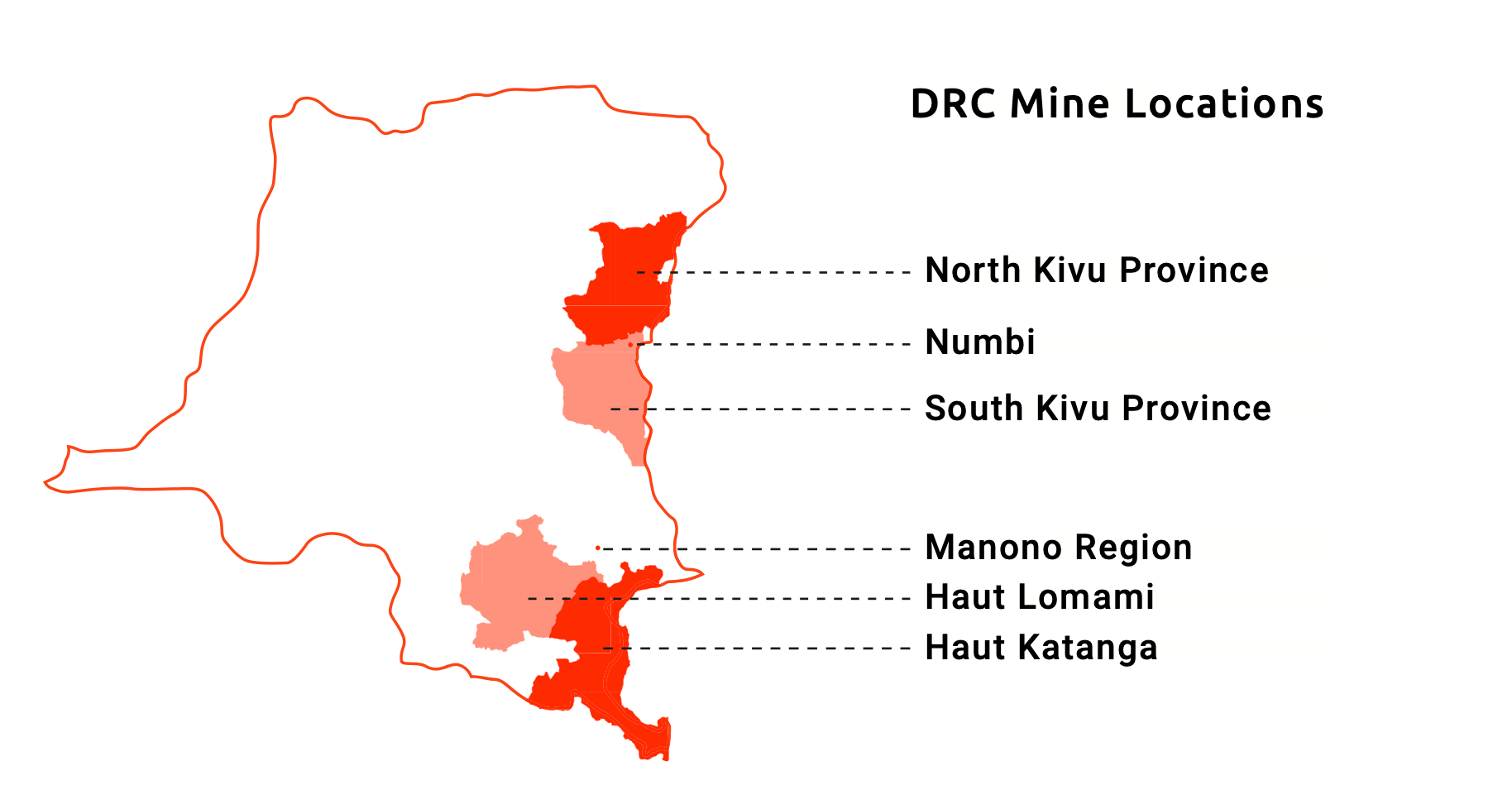How criminal networks penetrate U.S. corporate systems: Why entity links matter
Recent investigations into Brazil’s most powerful criminal organisation, the Primeiro Comando da Capital (PCC), reveal a glaring weakness in global anti–money laundering systems as even highly visible, publicly accused criminal actors appear to have built legitimate corporate footprints in the United States.
A C4ADS report titled "Billion-Dollar Blind Spot" uncovers how alleged PCC operatives — including individuals investigated for drug trafficking, international money laundering, and political financing — maintained active companies in Florida, accessing U.S. financial infrastructure with ease. These findings highlight an uncomfortable truth: criminal networks rely not on sophisticated new loopholes, but on the absence of comprehensive, connected, cross-jurisdictional data.
Criminal Networks Exploit Data Gaps—Not Just Legal Gaps
Consider the Bozhanaj–Cazula network. Two individuals—Marinel Bozhanaj and Edenilson Sebastião Cazula—were each independently scrutinised by Brazilian authorities for alleged involvement in cocaine trafficking and large-scale money laundering. Yet C4ADS shows that the two men quietly appeared together in Florida’s corporate registry, jointly establishing Bozhanaj Group Corporation in Miami in 2023.
Public filings alone indicated:
- a shared company
- shared addresses with other companies controlled by their family members
- a continued operational presence in the United States despite ongoing criminal investigations abroad
The issue is not that the data didn’t exist. The issue is that no single system connects the dots.
The PCC’s Fintech Laundering Scheme Shows Why Entity Linkages Matter
A second example—the Yamawaki network—demonstrates the scale of risk created by fragmented data.
João Gabriel de Mello Yamawaki, a Brazilian businessman arrested in 2024, allegedly led a laundering scheme that moved 8.6 billion reais (approx. USD 1.75 billion) using fintechs and an ecosystem of front companies. Yet years earlier, he had already registered two companies in Florida (Las Americas USA LLC and Unique Business USA LLC) with officers linked to Brazilian municipal political structures and to a Brazil-registered digital payments company he controlled.
These cross-border ties were visible only if one could simultaneously access:
- Brazil’s corporate databases
- Florida state corporate filings
- fintech regulatory data
- judicial records
- political finance disclosures
Such connections require entity resolution across multiple data types and jurisdictions — a capability most organisations simply do not have.
Why These Cases Prove the Need for Unique Data
The PCC examples illustrate several systemic weaknesses that criminals exploit:
1. Corporate registries operate in silos
Florida had no visibility into ongoing criminal investigations abroad. Brazil had no visibility into U.S. company formations. Evidencity's unique data can bridge this by integrating corporate records across dozens of countries into one unified dataset.
2. Public records are often technically accessible but practically unusable
Florida’s Sunbiz records, Brazilian corporate filings, Panama Papers leaks, and political finance disclosures exist, but none speak to each other. Evidencity’s relationship mapping tools turn scattered data into a coherent investigative picture.
3. Criminal networks abuse legitimate structures
Shell companies, family-run LLCs, front import–export firms, and fintech intermediaries are all types of companies that the PCC uses. These are the same tools ordinary businesses use. That means identifying risk requires pattern recognition, not just keyword searches. Evidencity’s team of analysts and proprietary methods flag patterns such as shared addresses, repeated officer overlaps, and cross-border company clusters.
By providing a unified, cross-border, multi-source data environment, we make it possible to detect:
- hidden corporate relationships
- company ecosystems
- political infiltration patterns
- cross-jurisdictional laundering conduits
Discover more about Evidencity's unique data: https://www.evidencity.com/uniquedata



